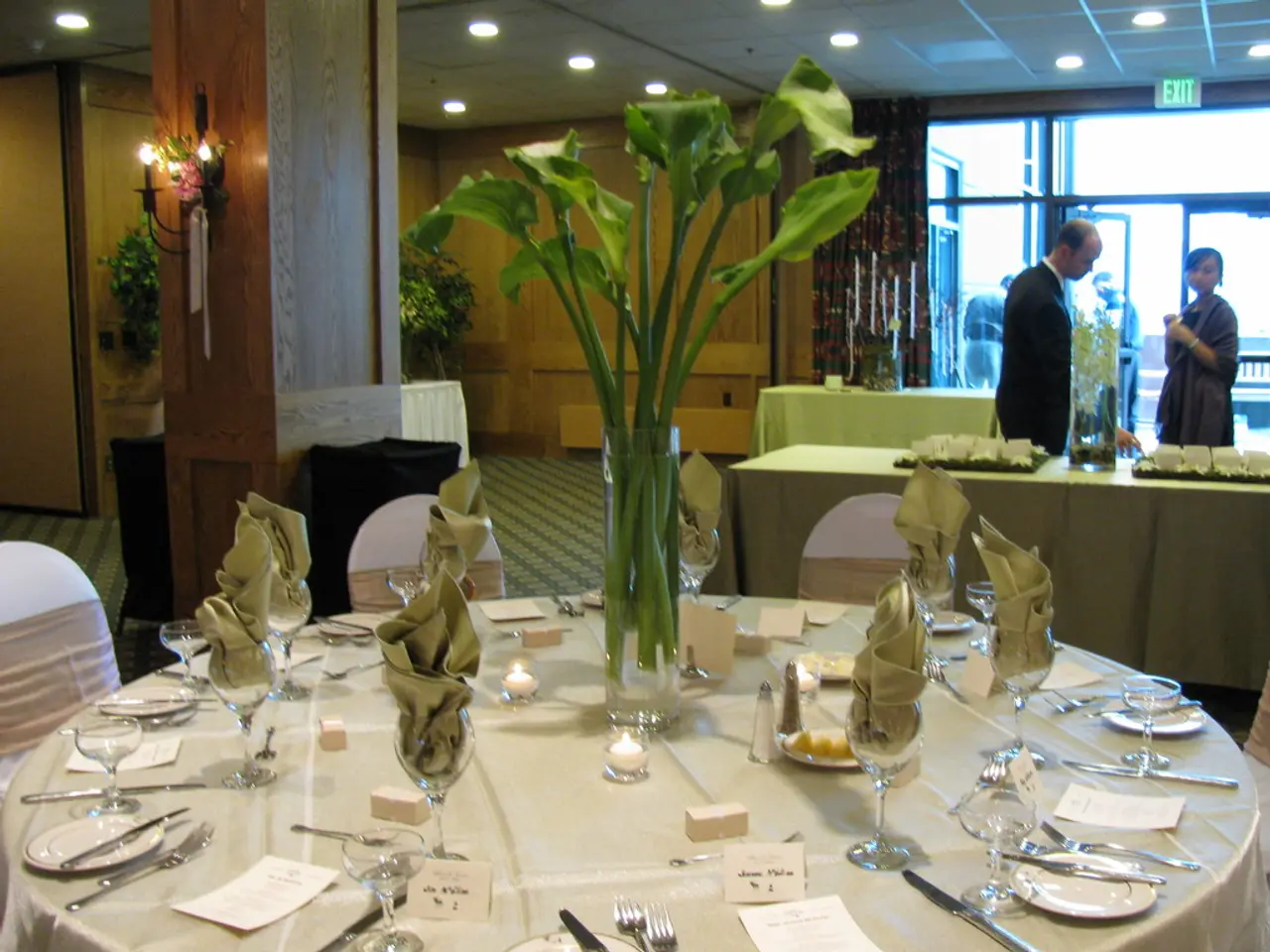Hotel establishments in Saudi Arabia witness a 1.9% rise in Average Daily Rate (ADR) during the first half of the year, attributed to the expansion of their pipeline, according to JLL.
In the first half of 2025, Saudi Arabia's hospitality sector displayed a mix of steady growth and regional variations. The Kingdom's two holy cities, Makkah and Madinah, maintained stable hotel inventories with 154,590 and 60,170 keys respectively.
Despite a 1.7 percentage point year-on-year decline in nationwide occupancy, the sector managed to maintain a relatively high rate of 62.3%. The average daily rate (ADR) saw a positive increase of 1.9% year on year, reaching SR821.8 ($219.06).
Revenue per available room (RevPAR) edged up a modest 0.2% to SR512.3 during the same period. However, performance metrics in Riyadh and Jeddah were more subdued or saw declines compared to the holy cities.
Riyadh experienced the steepest performance declines, with a 5 percentage point drop in occupancy and a 6.9% decrease in ADR year on year. This city, however, is set for a significant boost with the upcoming opening of the Kimpton KAFD Riyadh in the second half of 2025. This hotel will increase the total number of hotel rooms to 50,790.
Jeddah's growth is supported by rising demand from major events such as Jeddah Season, Formula 1, and Saudi Pro League matches. The city added 750 new hotel keys in the first half of the year, raising its total inventory to 18,760, with a further 1,300 expected by the end of the year. Jeddah showed mixed results, with a 1.9 percentage point rise in occupancy but a 7.1% fall in ADR.
Madinah registered solid RevPAR growth of 2.7% in the year to June 2025. The city is also preparing for expansion, with 710 new keys planned in the second half of the year. Makkah, too, is set for notable expansion, with 5,590 new keys planned. Despite a 3.7 percentage point decrease in occupancy, Makkah recorded a 7.1% increase in ADR and a 3.1% rise in RevPAR.
The long-term outlook for Saudi Arabia's hospitality sector remains positive, with expanding tourism offerings creating new development opportunities and attracting domestic and international investors. The Saudi Vision 2030 agenda aims to raise tourism's contribution to gross domestic product from 3% to 10% and generate 1 million new jobs by the end of the decade. The Kingdom's strong tourism growth is attracting investors seeking capitalization opportunities, as stated by Taimur Khan, head of research at JLL Middle East and Africa.
Saudi Arabia's goal is to attract 150 million visitors annually by 2030, surpassing the initial Vision 2030 target of 100 million. The evolving market dynamics in Saudi Arabia's key cities are driven by ambitious government initiatives and a strategic focus on diversifying the Kingdom's tourism offerings. The hospitality sector in Saudi Arabia is witnessing major strategic changes, fueled by a surge in leisure tourism and a significant rise in high-quality offerings outside conventional urban hubs. International operators like Marriott, Hilton, Accor, and IHG are driving high-quality supply growth in new hotel developments in Riyadh.
In conclusion, while there have been some performance challenges in Riyadh and Jeddah, the overall picture for Saudi Arabia's hospitality sector remains optimistic. With strategic developments, increasing tourism offerings, and ambitious government initiatives, the sector is poised for continued growth and development in the coming years.








